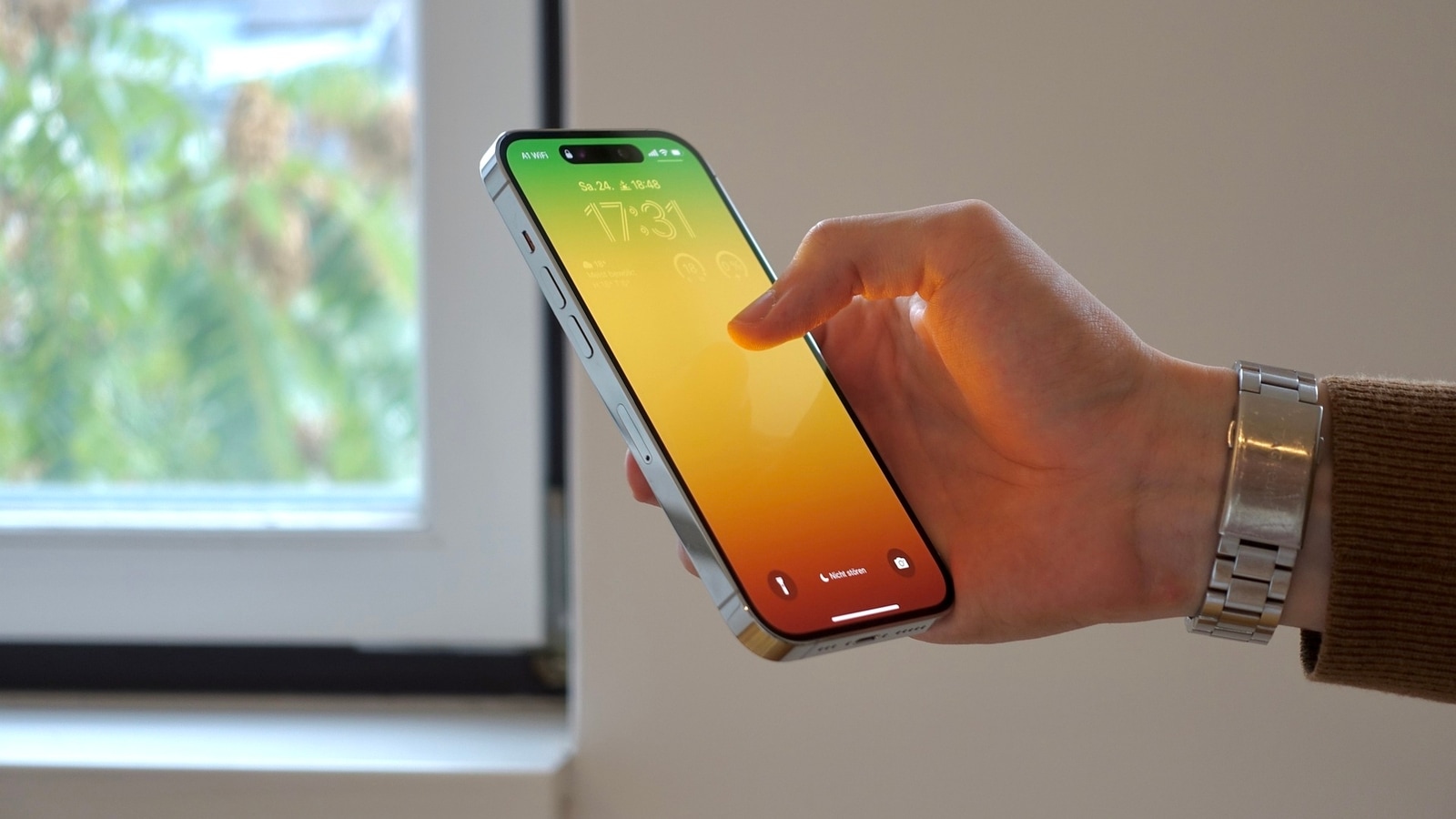Apple is preparing to launch the iPhone 16 in the coming months, and details about its components have recently emerged. A report suggests that Apple might opt for a new CMOS image sensor from Samsung for its upcoming smartphones. This sensor, featuring a three-wafer design, is expected to offer advantages over the current sensors used in the iPhone 15 series. If accurate, this move would make Samsung Apple’s second supplier for camera sensors, alongside Sony.
Also read: iPhone 16 Pro vs iPhone 15 Pro: Apple could bring these 4 major changes in September 2024
Samsung CMOS Sensor Under Final Quality Assessment
According to The Elec, Apple is in the final stages of quality assessment for a new CMOS image sensor provided by Samsung. This potential shift from Sony to Samsung is reportedly due to delays Apple faced in receiving image sensors last year, which affected the iPhone 15 launch schedule, MacRumors reported.
Not sure which
mobile to buy?
The report indicates Apple’s aim to integrate advanced technologies into its camera systems, following competitive advancements. The new sensor’s design, separating internal components, could lead to higher pixel density, smaller pixel sizes, and reduced noise.
Also read: iPhone 16 Pro Max battery life to improve with enhanced energy density and steel case- All details
Samsung was approached by Apple to develop the CMOS sensor for the iPhone, currently undergoing rigorous quality testing. The sensor’s three-wafer stack design accommodates distinct elements on each wafer.
In contrast, previous iPhone models utilised sensors with a two-wafer stack, combining transistors and photodiodes on the same wafer. Samsung’s approach involves wafer-to-wafer hybrid bonding via copper pads, as reported.
Upgraded Features in iPhone 16 Pro Models
Reports also suggest that iPhone 16 Pro models will feature upgraded 48MP ultra-wide cameras, a significant enhancement from the current 12MP sensors. Additionally, the iPhone 16 Pro is expected to adopt tetraprism lenses, initially introduced with the iPhone 15 Pro Max, enabling 5x optical zoom through the telephoto camera.
Also read: Samsung Galaxy S24, Realme GT 6 and more: Here are top 5 AI smartphones with advanced features
Apple is also rumoured to consider integrating new anti-reflective optical coating technology, atomic layer deposition (ALD), into its cameras, although its specific application to either the iPhone 16 Pro or iPhone 16 Pro Max remains unclear.






